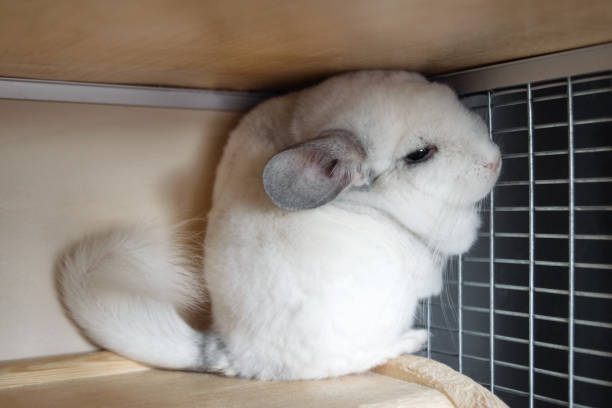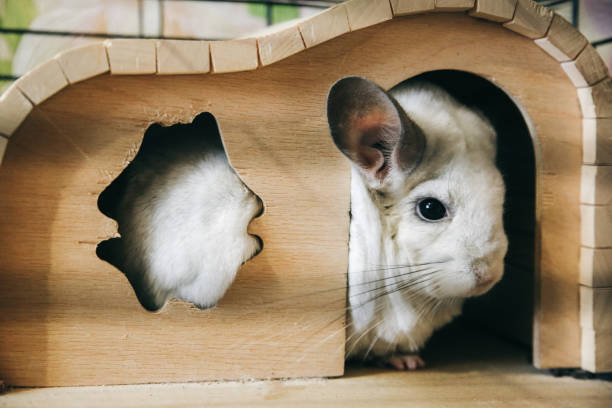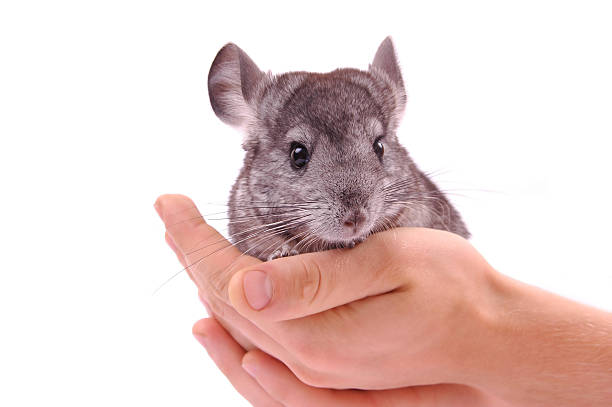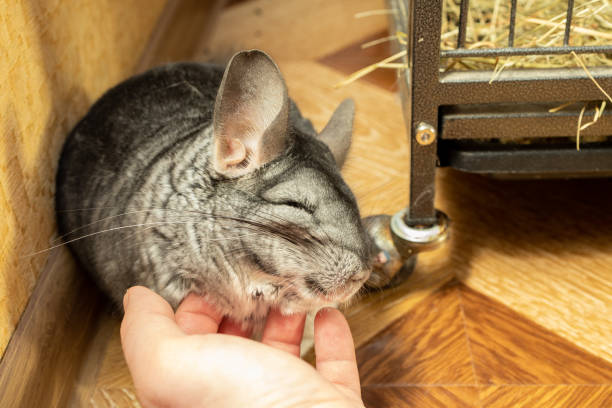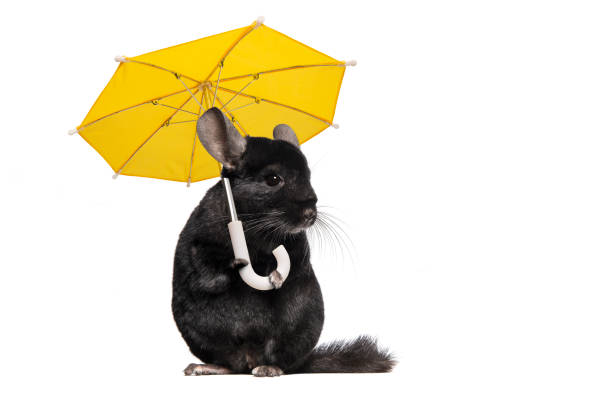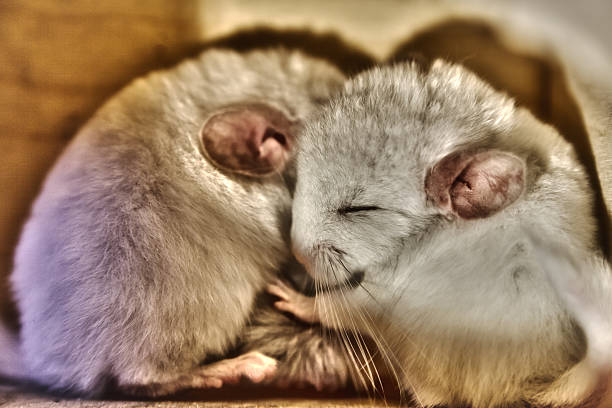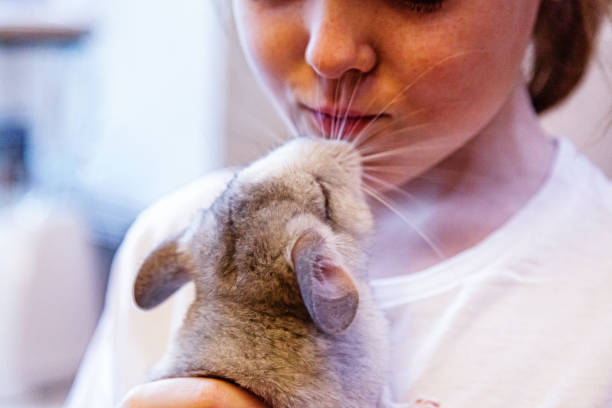Common Health Problems Associated with Chinchilla Cage
This post contains affiliate links. This means I will make a commission at no extra cost to you should you click through and make a purchase. Read the full disclosure here.Chinchillas are adorable and fascinating pets that require proper care to thrive. As a chinchilla owner, one of the most crucial aspects to consider is their housing environment. In this article, we will explore the common health problems associated with chinchilla cages and how to provide a safe and comfortable home for these furry companions.
Understanding Chinchilla Housing Needs
Chinchillas have specific housing requirements, and providing them with the right environment is essential for their overall well-being. A suitable cage ensures that they have ample space to move around, play, and exercise. It also allows them to exhibit natural behaviors such as jumping and climbing.
Importance of Proper Housing
Proper housing goes beyond mere accommodation. It helps prevent stress and behavioral issues, promotes physical health, and contributes to their mental stimulation.
Common Mistakes in Chinchilla Cages
Unfortunately, many chinchilla owners unknowingly make mistakes when setting up their pets’ cages. Some common errors include using cages that are too small, using the wrong materials, or neglecting essential accessories.
The Impact of Poor Housing on Chinchilla Health
Inadequate housing can lead to various health problems for chinchillas. It is essential to understand these issues to provide the best care for our furry friends.
Physical Health Problems
Chinchillas kept in cramped or inappropriate cages may suffer from joint and muscle issues. Lack of exercise can lead to obesity, which further exacerbates other health conditions.
Behavioral Issues
Chinchillas are active and intelligent animals that need mental stimulation. Boredom and lack of enrichment in their cages can lead to stress, depression, and even aggression.
Choosing the Right Cage for Your Chinchilla
Selecting the right cage is the foundation of good chinchilla care. Consider the following factors when choosing a cage:
Size and Space Requirements
Chinchillas need spacious cages to move freely. A multi-level cage with platforms and ramps provides the necessary space for exercise and exploration.
Cage Material and Design
Opt for cages made of safe materials like metal or wire mesh. Avoid cages with plastic components, as chinchillas are known to chew on them.
Suitable Accessories
Include essential accessories like a dust bath, nesting box, and wooden toys to keep your chinchilla engaged and entertained.
Setting Up the Chinchilla Cage
The location and environment of the cage are crucial for your chinchilla’s comfort and well-being.
Location and Environmental Factors
Place the cage in a quiet area away from direct sunlight and drafts. Chinchillas are sensitive to temperature changes, so maintain a consistent and comfortable room temperature.
Hygiene and Cleaning Tips
Regularly clean and sanitize the cage to prevent the buildup of bacteria and odors. Provide fresh bedding and change the litter frequently.
Providing Enrichment and Mental Stimulation
To prevent boredom and behavioral issues, introduce various forms of enrichment for your chinchilla.
Consider providing:
- Puzzle feeders to stimulate their problem-solving skills.
- Chewing toys to satisfy their natural chewing instincts.
- Hideouts and tunnels for exploration.
Nutrition and Its Role in Chinchilla Health
A balanced diet is crucial for chinchilla health, and a well-fed chinchilla is less likely to face health problems.
Dietary Requirements
Chinchillas require a diet of hay, pellets, and fresh water. Hay should be available at all times to support dental health and digestion.
Avoiding Common Dietary Mistakes
Avoid feeding your chinchilla sugary or fatty treats, as they can lead to obesity and dental issues. Stick to their regular diet to keep them healthy.
Identifying and Preventing Health Problems
Despite our best efforts, health issues can still arise in chinchillas. Being aware of potential problems is essential for timely intervention.
Dental Issues
Chinchillas’ teeth continuously grow, and improper diet or lack of appropriate chewing material can lead to dental problems.
Respiratory Conditions
Poorly ventilated cages can result in respiratory issues for chinchillas. Avoid using dusty bedding and ensure good airflow.
Skin and Fur Problems
Skin conditions can arise due to poor hygiene or stress. Regular grooming and cleanliness are essential.
Gastrointestinal Troubles
A diet lacking in fiber or sudden changes in diet can cause gastrointestinal upset. Monitor their eating habits and seek veterinary advice if necessary.
Handling and Interaction with Chinchillas
Chinchillas are social animals and enjoy interaction with their owners. However, proper handling is essential to ensure their safety and well-being.
Proper Handling Techniques
Gently scoop up your chinchilla, supporting their body, and avoid squeezing or holding them too tightly.
Socialization and Bonding
Spend quality time with your chinchilla outside the cage to build trust and strengthen your bond.
Regular Health Check-ups and Veterinary Care
Regular veterinary check-ups are vital to catch any health issues early on.
Importance of Check-ups
Regular check-ups allow veterinarians to identify potential problems before they become severe.
Signs that Require Veterinary Attention
If you notice any changes in behavior, appetite, or physical appearance, consult a veterinarian promptly.
Conclusion
Providing a safe and enriching environment is paramount to prevent common health problems associated with chinchilla cages. By understanding their housing needs, nutrition, and social requirements, you can ensure your chinchilla leads a happy and healthy life.


